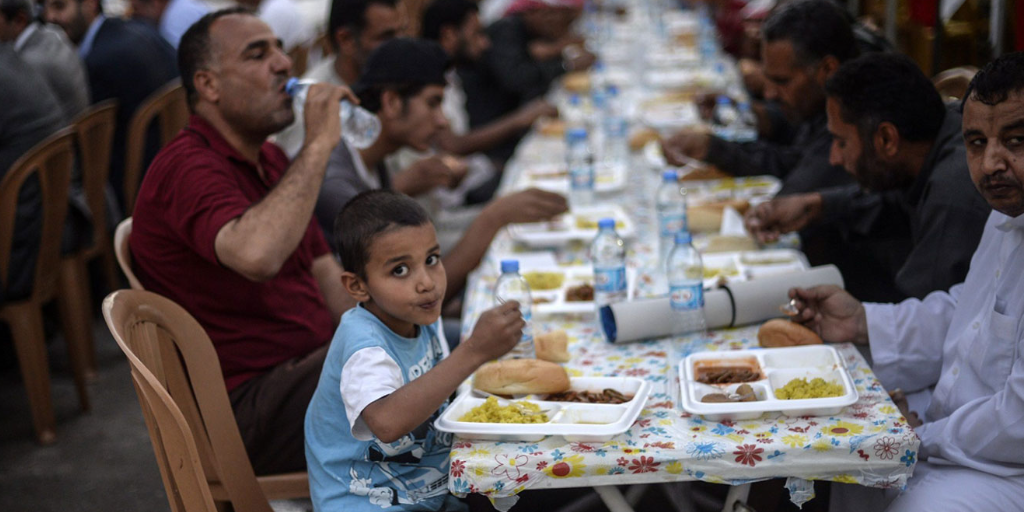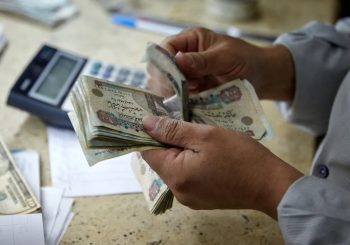 Image Credit: Sada El Balad
Image Credit: Sada El BaladAccording to Egypt Today, Egypt’s House of Representatives is considering a draft law for food regulation and waste prevention.
Introduced by Member of Parliament, Amira Saber, the bill aims to prohibit the waste of edible food and encourage policies for redistribution and recycling.
As it stands, Egypt’s food waste per capita reached 91 kilograms in 2021, in comparison to 73 kilograms a few years prior. FAO cites Egypt’s rapid population growth as a significant factor in the increase due to a correlated increase between food consumption and unregulated food waste.
“Food waste is any food that is fit for human consumption, but is not consumed because it is left to spoil or discarded by retailers or consumers,” reports the United Nations Food and Agriculture Organization in Egypt (FAO).
Regionally, a past report issued by FAO indicated that the Middle East and North Africa (MENA) region imports over 50 percent of its food to meet consumption needs, yet wastes up to a third of the food produced and imported.
The draft law integrates a set of incentives and punishments to promote food redistribution and prohibit food disposal. The bill stipulates fines for any business that wastes edible food, ranging from EGP100,000 (USD 5,412) to EGP 500,000 (USD27,060).
The draft, which has already reached the legislative stage of being referred to a concerned committee in Parliament, also plans for a national food waste prevention program under the combined auspices of the Egyptian Food Safety Authority and the Ministry of Social Solidarity.
More recently, the country battled food waste through awareness campaigns. FAO partnered with the Egyptian Food Bank in its “An Advice Every Day in Ramadan” campaign, which aimed to reduce food waste and promote food recycling.
Egypt’s Regional Food Banks Network announced on 17 April that it helped save 58 million cooked meals – produced by hotels – from getting wasted monthly.
The draft law comes at a time in which a global food supply crisis compels countries to reevaluate food consumption levels. The ongoing Russian invasion of Ukraine, Egypt’s two largest grain exporters, has destabilized Egypt’s food security as wheat yields continue to dwindle.





Comments (0)